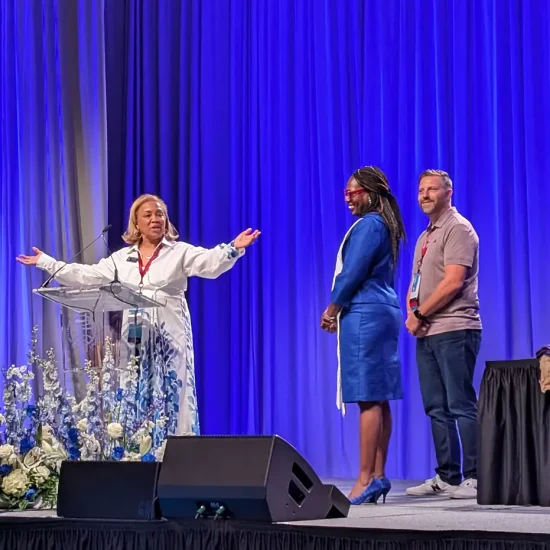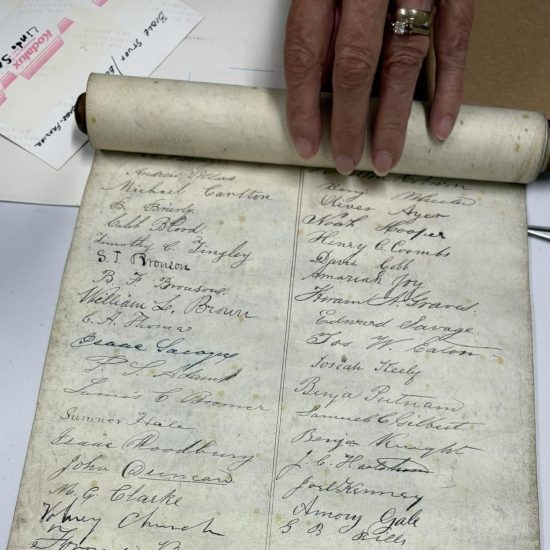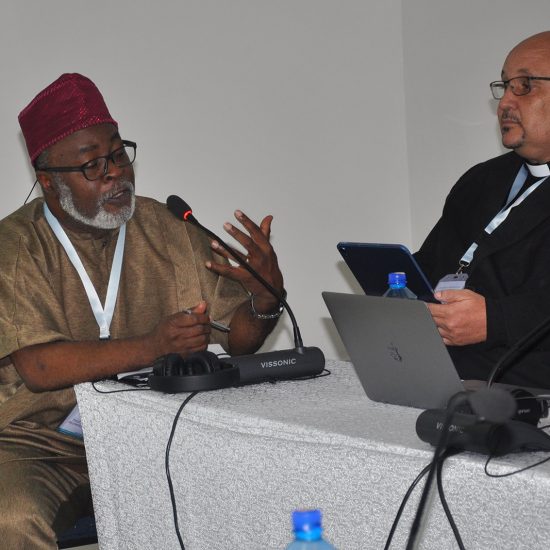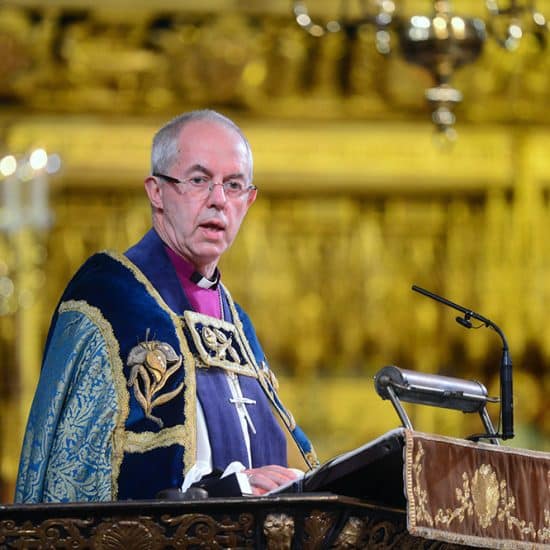
After years of prodding by descendants of enslaved persons, the Society of Jesuits on Monday (March 15) announced a plan many quickly called “reparations.” But the effort is just another institutional fundraising campaign.

Brian Kaylor
The Jesuits, a Catholic order that profited off owning and selling enslaved persons in the 1800s, is partnering with the GU272 Descendants Association that is named for the 272 enslaved persons the Jesuit school Georgetown University sold to save itself in 1838. Together, the Jesuits and descendants of those 272 enslaved persons created the Descendants of Truth and Reconciliation Foundation to promote racial justice and healing. And the Jesuits quickly pledged $100 million for the foundation.
“This is an opportunity for Jesuits to begin a very serious process of truth and reconciliation,” Timothy P. Kesicki, president of the Jesuit Conference of Canada and the United States, said about the pledge. “Our shameful history of Jesuit slaveholding in the United States has been taken off the dusty shelf, and it can never be put back.”
The Jesuits deserve praise for honestly addressing their shameful history — a legacy that many other Christian institutions share but ignore. And the Jesuits deserve praise for recognizing the biblical mandate to pay reparations. If only they were actually paying reparations.
Rather than turning over $100 million from their assets — which they built up in part due to exploitation of enslaved labor — the Jesuits instead launched a fundraising campaign. They themselves only gave $15 million. Then they hired “a national fundraising firm” to help them raise the rest in the next five years.
Wow, I sure hope hiring that fundraising firm doesn’t hurt too much.
Just imagine the scene. Jesus is sitting at the table in Zacchaeus’s house. The people outside are muttering about Jesus dining with this man who stole wealth he didn’t work for and that wasn’t rightfully his. Then suddenly Zacchaeus’s conscience is shaken. He clinks some dishes together to get people’s attention so he could make an announcement.
“Look, Lord!” Zacchaeus declared. “Here and now I give 15 denarii to the poor, and if I have cheated anybody out of anything, I will hire a fundraising firm so I can give them some money back.”

(Katt Yukawa/Unsplash)
Not too inspiring, even if he sent out a nice press release about it.
And Zacchaeus didn’t put himself on the board of the Jericho Justice Foundation — after spending three years in private meetings working on the legal details — so he could keep overseeing how the money got spent. He divested himself of the funds he couldn’t in good conscience claim any longer.
Not only does the $100 million pledge from the Jesuits fall far short of the $1 billion challenge the descendants’ organization had called for, but the proposal treats biblical reparations as just another capital campaign.
Reparations should hurt. Repentance should signal a significant change in values and behaviors. To pay back four times what was stolen was not easy for Zacchaeus, especially since he also pledged half of his wealth to the poor. But paying back what you stolen and more is a biblical mandate (in places like Exodus 22:1, Leviticus 6:1-7, 2 Samuel 12:6, and Proverbs 6:21). Zacchaeus very likely bankrupted himself. If only he’d been smart enough to just launch a slick fundraising campaign.
But then again, Jesus likely wouldn’t have declared after that fundraising dinner, “Today salvation has come to this house.”






